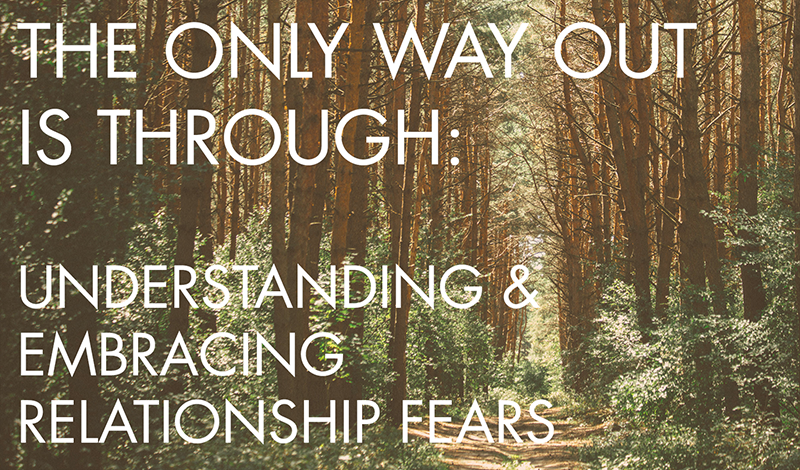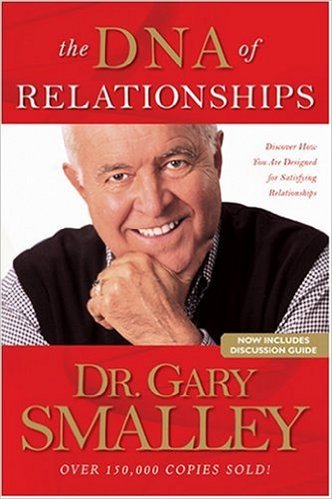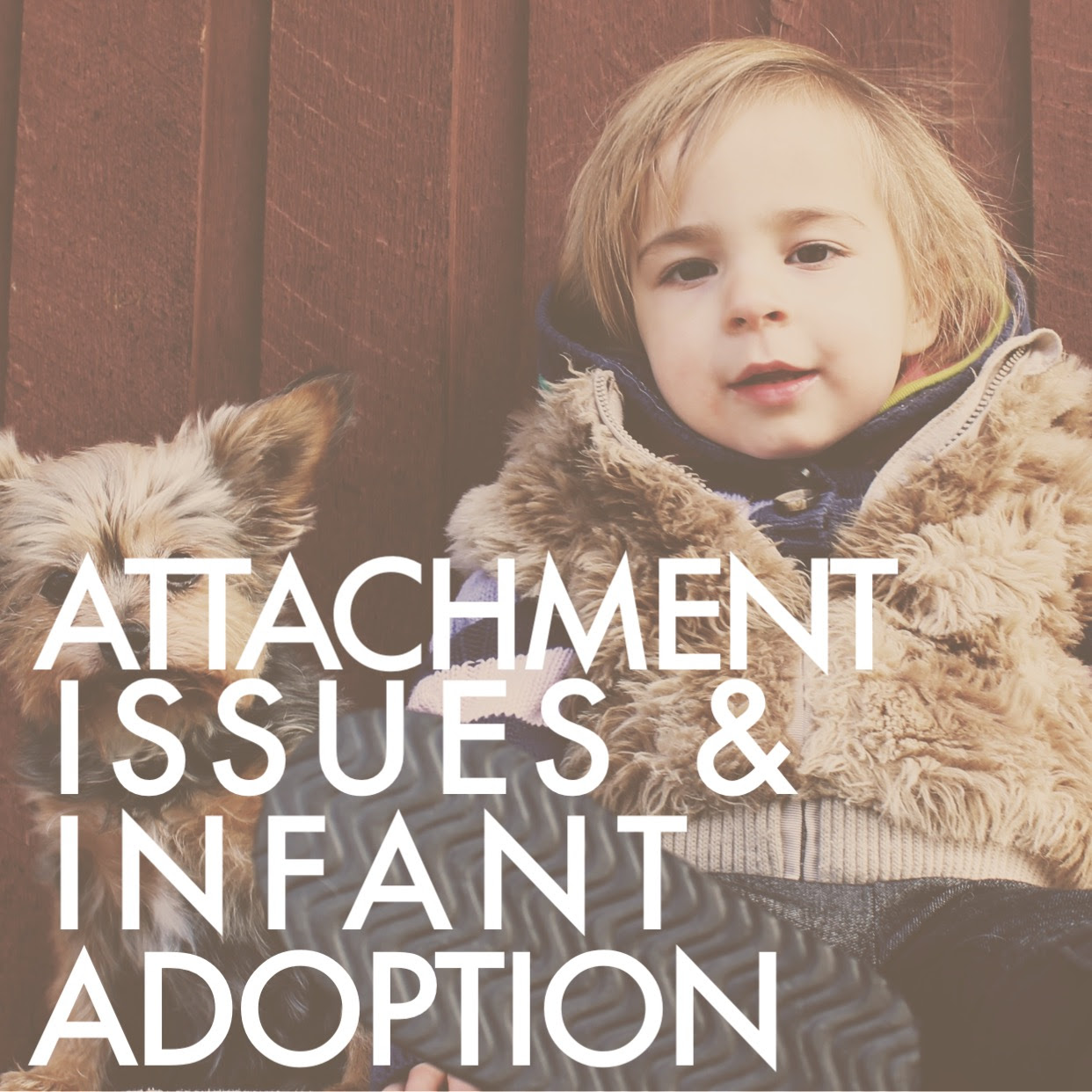
The Only Way Out Is Through: Understanding and Embracing Relationship Fears
Many of our Agape articles embody a theme of embracing our core relationship fears and learning how to tolerate the undesirable emotions that come with them. In order to move from self-judgment toward self-compassion, it’s important to understand our core fears, their origin, and how they impact our thoughts, feelings and relationships. This means we have to move toward the fear rather than avoid it. Once we acknowledge a relationship fear and move towards it, the fear begins to lose the power that it has over us. Poet Robert Frost has quoted “The only way out is through.” This is so true!
 A great resource to understanding core fears is the book or DVD series DNA of Relationships by Dr. Gary Smalley. According to Dr. Smalley, examples of core relationship fears can include the following:
A great resource to understanding core fears is the book or DVD series DNA of Relationships by Dr. Gary Smalley. According to Dr. Smalley, examples of core relationship fears can include the following:
Rejection Powerlessness
Judgment Being Misunderstood
Disconnection Being Scorned
Loneliness Being Invalidated
Failure Feeling Defective
Inferiority Worthlessness
Feeling devalued Humiliation
Abandonment Feeling unimportant
Feeling Ignored Neglect
Condemnation Feeling unwanted Danger
Feeling disliked Mistrust
Despair Unhappiness
Below is an excerpt from Dr. Smalley explaining what he calls the “Fear Dance” in relationships:
- You hurt. What does your hurt look like? Think of the range of emotions you feel when you are wounded: bewilderment, sadness, disconnection, anger, confusion, worry, rage, frustration, horror, embarrassment. Those are just a handful of the words that could describe your real-life hurts.
- You want. When you hurt, you want a solution. You want things that will make you feel better. Sometimes you might think that eating will make you feel better, shopping will replace the hurt, focusing on the children or other things will make you forget your troubles, drinking will dull the pain. You spin lists of things that you believe would satisfy your wants. Or you reduce the conflict to that one, solitary thing that you believe you need to feel satisfied: if only the other person would change so that you could feel better.
- You fear. When a conflict stirs powerful emotions of hurt and want, it also touches specific fears. Think about your own troubled relationships. You want to connect, but you fear you’re not attractive enough (or competent enough or smart enough or whatever). You want to be accepted, but you fear you’re not good enough. You want respect, but you fear the other person will look down on you. You want to control your situation, but you fear you are powerless.
- You react. If you are like most people, you consciously and unconsciously fall into well-worn patterns of reacting when someone pushes your fear button. You’ll do anything to soothe your hurt. You’ll do anything to avoid the awful feeling of want. You’ll do or say anything to calm your fear.
 If you fear losing connection with others, fear being out of control, experience disruptive reactions in dealing with your fears, and if you are sabotaging your relationships to avoid your pain, you are not alone! If you are wanting to learn how to tolerate the undesirable emotions that come with fears, if you are wanting to move from self-judgment toward self-compassion, if you are wanting to understand the origin of your core fears and desire help with the journey, please give us a call. Agape Christian Counseling Services is here to help! It is a courageous, challenging journey, but taking the road less traveled and “going through” makes all the difference.
If you fear losing connection with others, fear being out of control, experience disruptive reactions in dealing with your fears, and if you are sabotaging your relationships to avoid your pain, you are not alone! If you are wanting to learn how to tolerate the undesirable emotions that come with fears, if you are wanting to move from self-judgment toward self-compassion, if you are wanting to understand the origin of your core fears and desire help with the journey, please give us a call. Agape Christian Counseling Services is here to help! It is a courageous, challenging journey, but taking the road less traveled and “going through” makes all the difference.
Blessings,

Kathryn Manley, MS, LPC, CST
Individual, Family, and Marriage Counseling
Certified Sex Therapist (AASECT)





